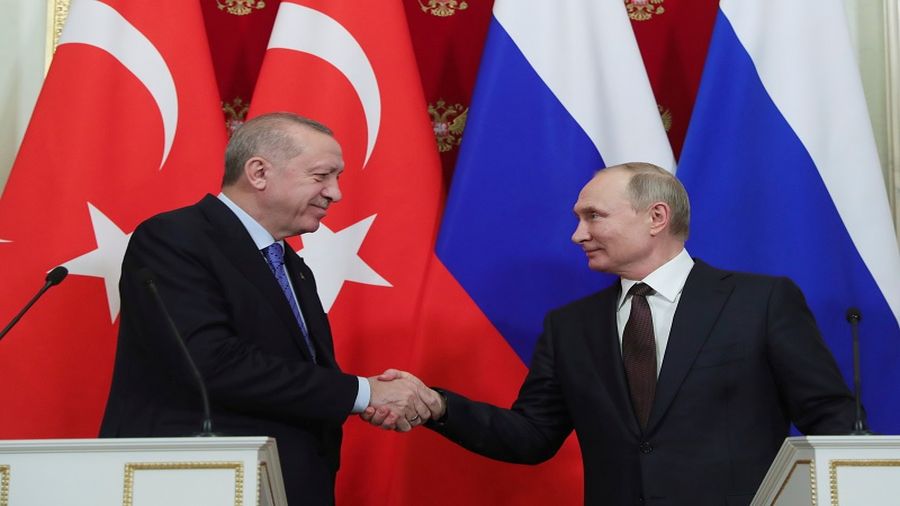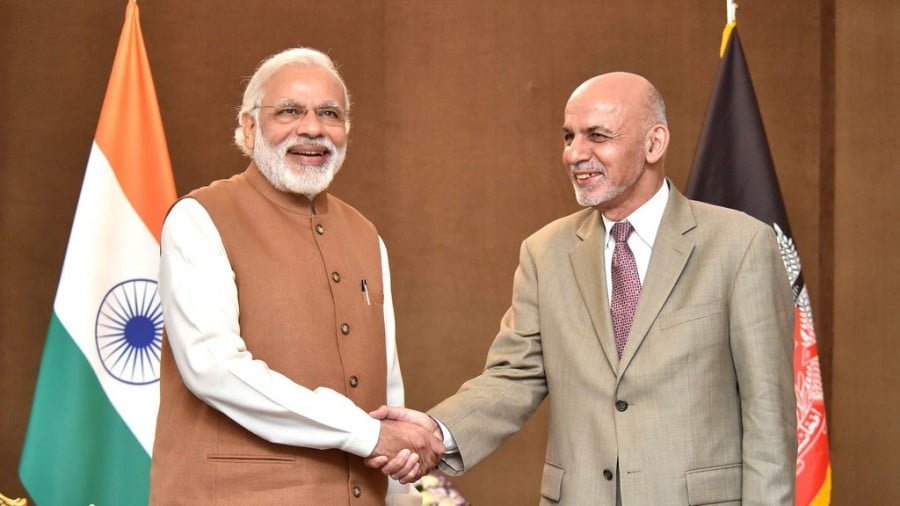Turkiye Should Be Praised for Reaffirming Its Geostrategic Pragmatism Towards Russia
Many in the Alt-Media Community dislike Turkiye because of President Erdogan’s socio-political reforms at home and his foreign policy towards Syria, which is their right of course, but it’s blinded the most passionate among them from the reality that this country is truly sovereign and isn’t NATO’s anti-Russian puppet.
Turkish presidential spokesman Ibrahim Kalin reaffirmed his Great Power’s geostrategic pragmatism towards Russia in a recent interview. He explained that Turkiye won’t sanction Russia despite disagreeing with its ongoing special military operation in Ukraine, which he also believes was at least partially provoked by the West. Kalin also confirmed that his country will continue mediating between Moscow and Kiev in pursuit of peace but expects the conflict’s consequences to reverberate for at least the next decade regardless of whenever it officially ends. All of this is praiseworthy, particularly since it’s coming from a NATO member who’s fought numerous wars with Russia over the centuries.
It’s tempting for some folks in the Alt-Media Community (AMC) to always find something to criticize about Turkiye, especially since it’s been on the opposite side of Russia in conflicts ranging from Syria to Libya and now Ukraine, but it’s also important to put everything into perspective in terms of the bigger picture. For as fierce as their rivalry can sometimes be, it’s nevertheless responsibly regulated by their leaders. Presidents Putin and Erdogan both recognize that an uncontrollable spiral of competition would serve the US’ interests by dividing and ruling their Great Powers at precisely the moment that they need to cooperate in order to accelerate the global systemic transition to multipolarity.
This reality explains why Turkiye is suddenly “much more careful” about selling drones to Kiev, in the words of its Defense Industry Agency president during a recent interview. Not only is Ankara scaling back its military cooperation with NATO’s anti-Russian proxy state, but nobody should ever forget how it hasn’t sanctioned Moscow despite considerable Western pressure to do so. Kalin himself acknowledged that doing so would have hurt his country’s own economy much more than Russia’s, though that doesn’t explain why other NATO members did so in spite of those predictable self-inflicted consequences. This just goes to show that the difference between them and Turkiye is that the latter is truly sovereign.
To elaborate, the Turkish leadership is truly motivated by the pursuit of what it regards as objective national interests, to which end it isn’t afraid to play hardball with the West. For instance, it’s conventionally intervened in Northern Syria several times already to crush Western-armed Kurdish groups that it considers to be terrorists. Furthermore, Turkiye refuses to support Finland and Sweden’s applications to join NATO until they take meaningful action against similar such groups within their borders that Ankara regards as serious threats to its own national security. It’s also defied the West by purchasing Russia’s S-400 air-defense systems and cooperating with it on the TurkStream gas pipeline.
Against this backdrop, it was predictable in hindsight that Turkiye wouldn’t sanction Russia since doing so would have sacrificed its hard-earned achievements in strengthening its sovereignty over the years. It doesn’t matter that these two Great Powers don’t always see eye to eye on regional conflicts and even sometimes support different sides, not to mention the many wars that they fought with one another during the imperial era. Modern-day Turkiye under the leadership of President Erdogan is pragmatic enough to always do what’s needed from the perspective of its national interests, which his spokesman just reaffirmed and subsequently clarified due to some confusion about this Great Power’s motives.
The lesson to be learned is that sometimes popular perceptions about one or another country aren’t always accurate, or at the very least don’t enable one to accurately forecast their policies. Many in the AMC dislike Turkiye because of President Erdogan’s socio-political reforms at home and his foreign policy towards Syria, which is their right of course, but it’s blinded the most passionate among them from the reality that this country is truly sovereign and isn’t NATO’s anti-Russian puppet. Disagreements do indeed exist between these two and sometimes their relations get very tense as a result, but Presidents Putin and Erdogan have shown time and again that no obstacle in their path is insurmountable.







